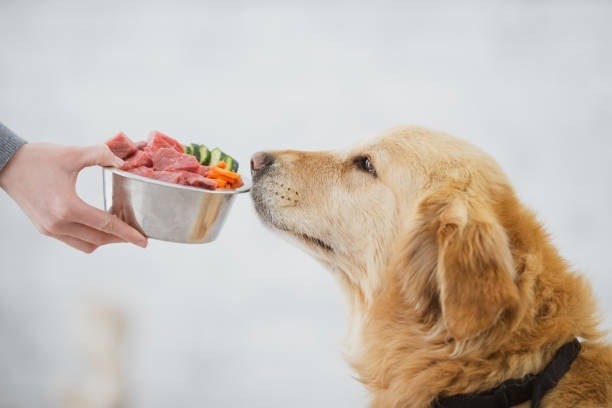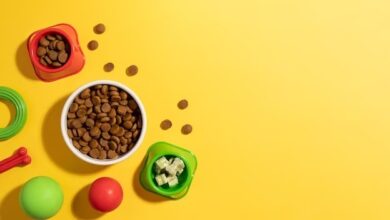
According to a research on pet ownership by Animal Medicines Australia, 38% of households in NSW, had dogs in 2016. As a pet owner, ensuring the health and well-being of your furry friend is a top priority. One aspect that plays a crucial role in their overall health is their diet. While traditional kibble has been the go-to option for decades, a growing trend toward raw dog food can be seen nowadays. And with raw dog food delivery in Sydney being available to the dog owners at all times, it has become easier to shift their dog’s diet to raw food.
This article will explore the benefits and considerations of transitioning your dog from kibble to a raw food diet, shedding light on how this dietary shift can revolutionize your dog’s nutrition.
The Downside of Traditional Kibble
Traditional kibble is a commercially processed dog food option that typically contains a combination of grains, meat by-products, and artificial additives. While it provides convenience, there are several downsides to consider. Many kibble brands need more quality ingredients, relying heavily on fillers and preservatives. Additionally, the high-temperature cooking process used during manufacturing can dramatically lower the ingredients’ nutritional value.
Understanding the Raw Food Diet
A raw food diet for dogs consists of uncooked, unprocessed ingredients, mirroring what canines consume in the wild. This diet mainly comprises raw meat, bones, organs, and vegetables. Raw food enthusiasts argue that this approach aligns more closely with a dog’s natural dietary requirements.
The Benefits of a Raw Food Diet
Enhanced Nutritional Value
Raw food diets contain essential nutrients, including proteins, healthy fats, and vitamins. These nutrients are often preserved naturally, providing dogs with optimal nourishment. Raw meat contains amino acids that promote muscle growth, while including raw bones helps maintain healthy teeth and gums.
Improved Digestion
The natural enzymes in raw food facilitate digestion, leading to better nutrient absorption and reduced digestive issues. Dogs on raw food diets often experience smaller, firmer stools, indicating improved digestion and nutrient utilization.
Weight Management
Raw food diets tend to be lower in carbohydrates and higher in protein, which can support healthy weight management in dogs. The increased protein content helps dogs feel satisfied with smaller portions, reducing the likelihood of overeating and weight gain.
Enhanced Dental Health
Chewing on raw bones and tough meats helps remove plaque and tartar buildup, promoting better dental health. Chewing raw food stimulates saliva production, which naturally cleanses the teeth and helps prevent oral diseases.
Changing Your Dog’s Diet to Raw Food
It requires careful planning and consideration. Here are some essential steps to follow:
Consult with Your Veterinarian
Before making any dietary changes, consult with your veterinarian. They can assess your dog’s nutritional needs and provide guidance tailored to their health and age.
Gradual Transition
Introduce raw food gradually, mixing it with your dog’s current diet. Start by replacing a small portion of their kibble with raw food and gradually increase the proportion over several weeks. This gradual transition helps avoid digestive upsets.
Balanced Meal Planning
Ensure your dog’s raw food meals are nutritionally balanced. Include a range of sources of protein, including a variety of protein sources, such as beef, poultry, and fish, along with a selection of vegetables and organs. Consider consulting a veterinary nutritionist to formulate a balanced meal plan. You can also choose and select the best item from any shop that provides dog food delivery in Sydney, as they offer the best product in economical prices.
Monitoring and Adjusting
Observe your dog’s response to the new diet closely. Monitor their weight, coat condition, energy levels, and stool quality. Adjust the meal plan to ensure your dog’s nutritional needs are met.
You can completely transform your dog’s general health and well-being by switching from kibble to a raw food diet. It is more like human food good for dogs. By embracing a diet that closely mimics their ancestral eating habits, you can provide them with enhanced nutrition, improved digestion, weight management, and better dental health. Remember to consult with your veterinarian, plan balanced meals, and monitor your dog’s response throughout the transition process.


